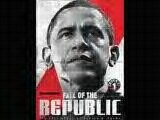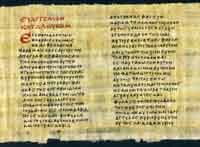 Hamas (حماس Ḥamās, an acronym of حركة المقاومة الاسلامية Ḥarakat al-Muqāwamat al-Islāmiyyah, meaning "Islamic Resistance Movement") is a Palestinian Sunni Islamist militant organization and political party which holds a majority of seats in the elected legislative council of the Palestinian National Authority.
Hamas (حماس Ḥamās, an acronym of حركة المقاومة الاسلامية Ḥarakat al-Muqāwamat al-Islāmiyyah, meaning "Islamic Resistance Movement") is a Palestinian Sunni Islamist militant organization and political party which holds a majority of seats in the elected legislative council of the Palestinian National Authority.The Islamic Resistance Movement is one of the wings of Muslim Brotherhood in Palestine. Muslim Brotherhood Movement is a universal organization which constitutes the largest Islamic movement in modern times. It is characterized by its deep understanding, accurate comprehension and its complete embrace of all Islamic concepts of all aspects of life, culture, creed, politics, economics, education, society, justice and judgment, the spreading of Islam, education, art, information, science of the occult and conversion to Islam.
Hamas was created in 1987 by Sheikh Ahmed Yassin, Abdel Aziz al-Rantissi and Mohammad Taha of the Palestinian wing of the Muslim Brotherhood at the beginning of the First Intifada.
More...

























